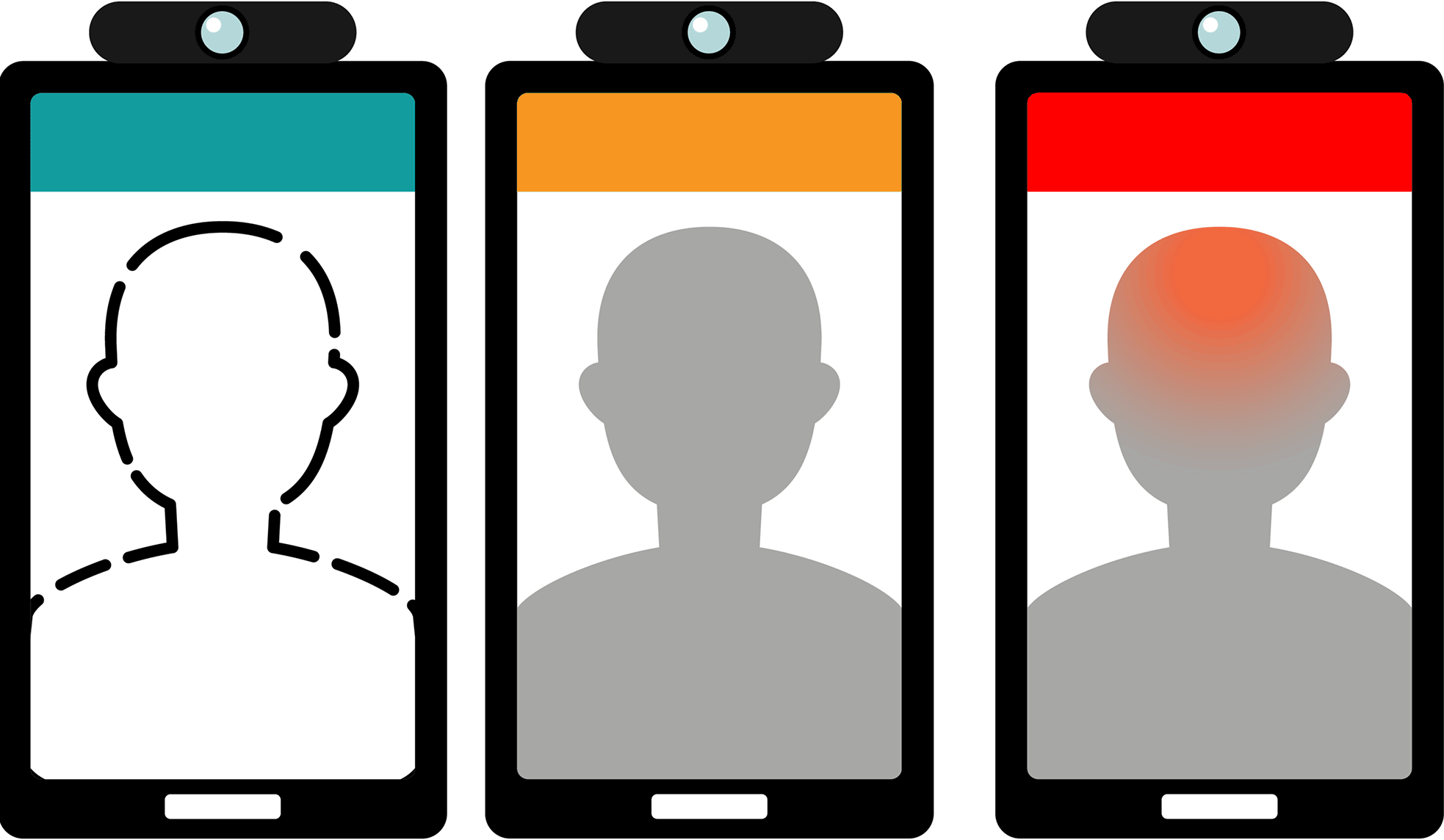The Bergen Social Media Addiction Scale is widely used in psychological research. It consists of the following six statements that respondents rate from 1 to 5. One stands for "very rarely", 2 means "rarely", 3 means "sometimes", 4 means "often", and 5 means "very often". A score of 4 or 5 on at least four of the statements could be an indicator of social media addiction.
1. You spend a lot of time thinking about social media or planning how to use it.
2. You feel an urge to use social media more and more.
3. You use social media in order to forget about personal problems.
4. You have tried to cut down on the use of social media without success
5. You become restless or troubled if you are prohibited from using social media.
6. You use social media so much that it has had a negative impact on your job/studies.




